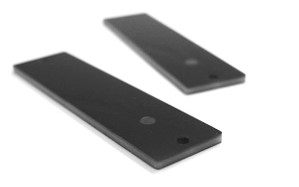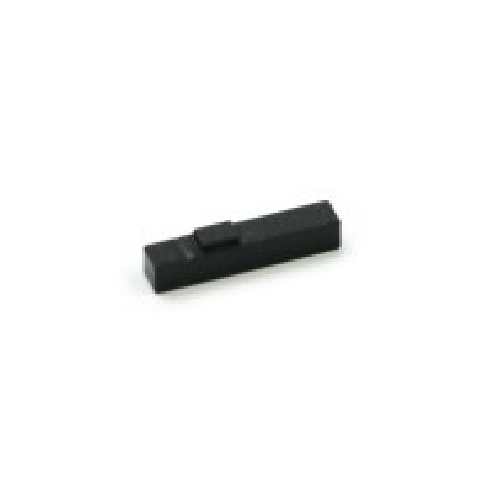Understanding RFID in Retail Inventory Control
RFID is a wireless communication technology that utilizes radio waves to identify and track objects equipped with RFID tags. In a retail context, these tags can be attached to individual items, cartons, or pallets. RFID readers or antennas communicate with the tags, providing real-time information about the location and status of each item in the inventory.

 +1 888 655 8029
+1 888 655 8029















